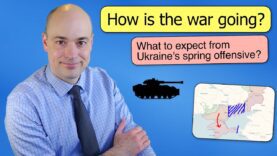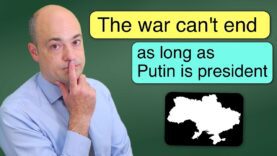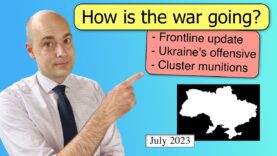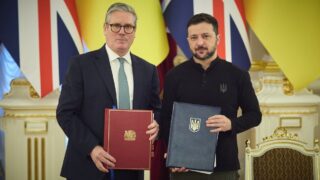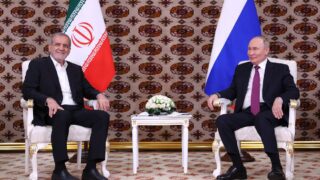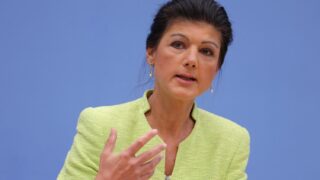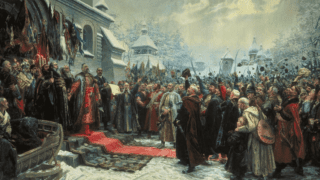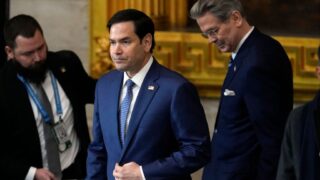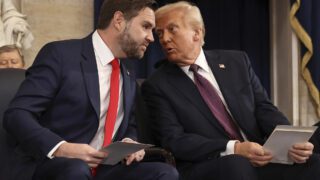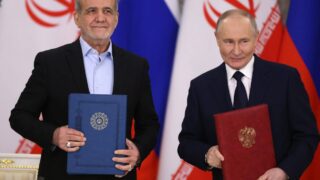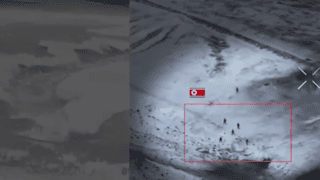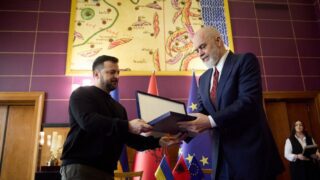Peace is not an option for Ukraine
Video Summary
The issue of whether Russia can end the war in Ukraine is a complex one. Many people believe that if Ukraine’s summer offensive fails, the two sides may agree on a ceasefire. However, this notion is based on a fundamental misunderstanding of the nature of the war. The author argues that the war is not just about military superiority, but about the future of Ukraine’s territorial integrity and the interests of the Russian people.
The author, a former member of the Danish parliament, emphasizes that Russia’s minimum demands will make it impossible for Ukraine to engage in any sort of serious negotiations for a ceasefire. He believes that any agreement would require Russia to renounce its annexation of Ukrainian territories, including the Donbass region, and to withdraw its forces. He also notes that Russia has no intention of surrendering its territorial claims, and that any agreement would have to be based on Ukraine’s recognition of Russia’s sovereignty over the disputed territories.
The author highlights three key demands that Russia is unlikely to compromise on: 1) the need for a ceasefire is only acceptable if it is imposed on Ukraine, not if it is the result of a Ukrainian victory; 2) any agreement would have to ensure that Russian soldiers are not tried for war crimes in the International Criminal Court in the Hague; and 3) Ukraine would have to pay for the damage caused by the war, a notion that is anathema to the Russian people.
The author concludes that as long as Vladimir Putin remains president of Russia, the war in Ukraine will not end. The war has become a core part of Putin’s political project, and it will continue, at least at some level of intensity, as long as he is in power. The author’s pessimistic assessment is that the war may continue for years to come, and that it is unlikely to be resolved soon.

